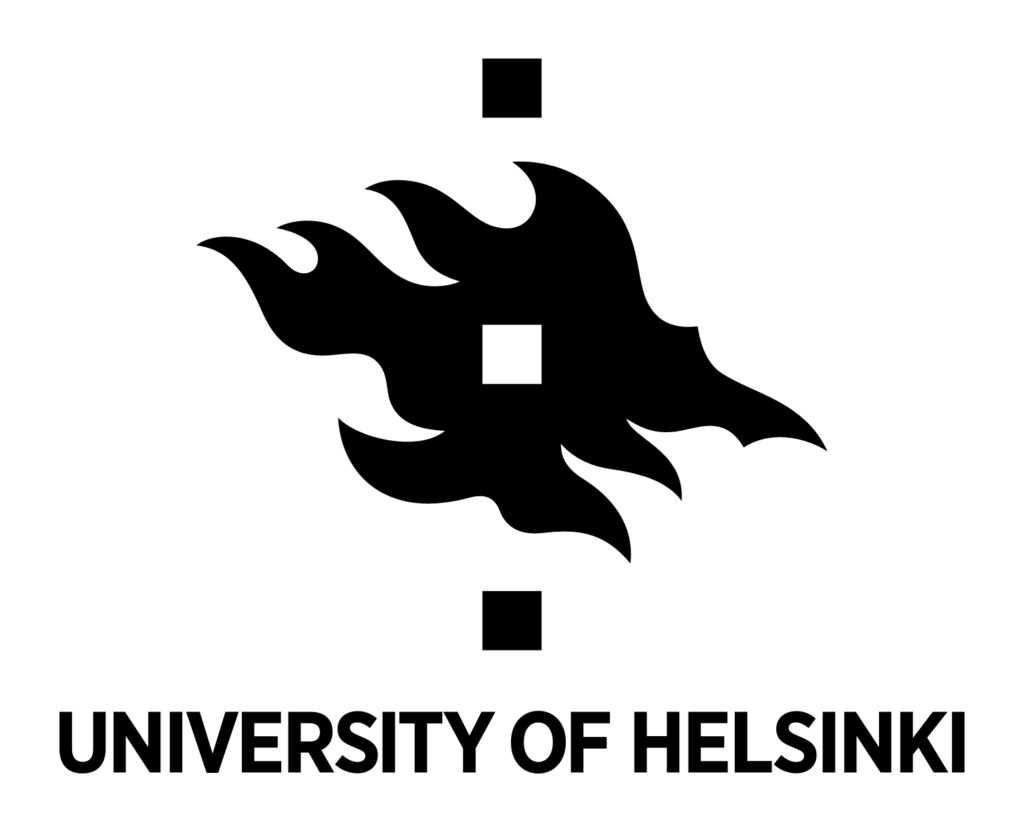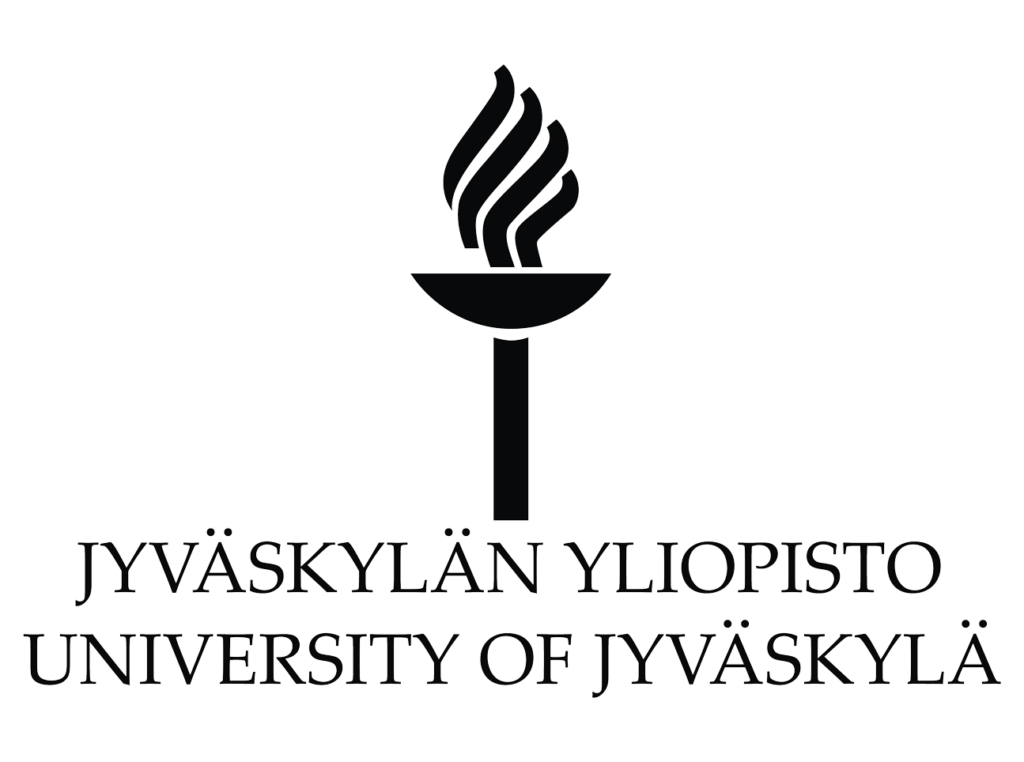Marja Makarow in The Independent: Finland’s new woman PM is spearheading youth-led centrism. But will the rest of Europe follow her lead?

The Article published in The Independent 2nd of January 2020.
How Finland’s Sanna Marin is leading the way for progressives in Europe in 2020 – and making equality the focus of her new government
Last month, Sanna Marin was sworn in as Finland’s new prime minister – a development that made headlines due to her age and gender.
At 34, Sanna Marin is currently the world’s youngest prime minister, the head of a progressive women-led coalition in Finland’s Eduskunta. A millennial and active social media user, she unabashedly defends the interests of young people, putting the environment and diversity at the heart of an agenda borne of hope for a better world. She speaks clearly and to the point, capturing attention and cutting through political discourse.
Marin’s rise to power exemplifies Finland’s meritocratic and socially liberal society. Marin was born into a family troubled by alcoholism and poverty. After her parents separated, she found stability with her mother and her mother’s same-sex partner, in what she has subsequently termed a “rainbow household”. This upbringing instilled a strong sense of social justice in Finland’s new PM, and a determination to create “a society where every child can become anything, and where every person can live and grow in dignity”.
She starts this mission from a strong base. Finland was one of the first countries in the world to give women the vote in 1906; today it boasts high scores across global equality indices (the Finnish parliament is roughly gender-split). Marin has already begun building on this base, giving her cabinet the highest proportion of female representation in the European Union.
Marin’s politics put her in a strong position to take the country forward. Her green credentials, for instance, dovetail with Finland’s efforts to decarbonise its economy by 2035.
That’s not to say she’ll be immune to challenges. The technical recession it seems likely Finland will slip into a technical recession this year could hold back Marin’s progress on a range of societal issues, including homelessness. Back in 2008, Finland became the first country in Europe to introduce a policy of paying rent with the help of government benefits, rather than arranging short term accommodation for in hostels or shelters. The policy has brought long-term homelessness down by 21% in the past eleven years, and yielded savings of €15,000 ($16,500) per person per year. It’s an incredible feat, one that has bucked the wider European trend, yet it could also be undone by a recession.
Marin may also struggle to push forward the excellent work the country has done to eliminate gender pay disparities. According to the World Economic Forum’s Gender Gap Index, Finland currently has gender pay parity across 83.2% of its economy, behind only Iceland and Norway. To further narrow the gap, however, the country will require the willpower of private enterprises that care little for social policy.
Furthermore, gender representation continues to be lop-sided in certain fields, such as STEM, where two-thirds of senior academic posts are held by men, despite women accounting for 60% of new PhDs. Marin sees part of the remedy to this as education. She and her women-led coalition are already advocating a programme that will teach gender education and the fundamentals of fairness from kindergarten through to the workplace. This, it is hoped, will help to dispel the outdated stereotypes that hang over some sectors, and so tear down barriers to entry to them.
Marin’s clear appetite for progress could spell a new dawn for Finnish politics. The country has had female leaders before, including two prime ministers and a president. Yet Marin is a new kind of leader, a new breed of young centrist whose voice is clear and message purposeful.
Against a backdrop of stirring populism and social conservatism, Marin is a breath of fresh air for Finnish politics. That she and her team will face hurdles in the next four years is certain; not least because they’re women. What makes them likely to prevail is that they offer something different from previous administrations: a voice of hope and a determination to bring about real social change.
Once again, Finland is trail-blazing. The question is: will other countries follow their lead?













